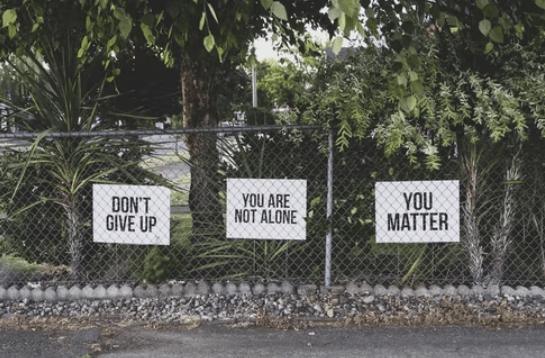Addiction is a disease that affects millions of people around the world. It can be challenging to overcome, but it’s possible if you’re willing to put in the work and learn about the best ways to get clean. In this guide, we’ll teach you how to overcome addiction so that you can start living a fulfilling life free from substance abuse.
Admit You Have a Problem
If you struggle with addiction, the first step in overcoming your problem is to admit that you have one. It’s not easy, but it’s essential if you want to get better. Most people with substance abuse problems don’t receive treatment because they simply can’t admit they suffer from drug addiction. There is no shame in being addicted or dependent on drugs, alcohol, or any other type of addiction. It happens all the time, and there are millions of others just like you struggling with similar issues.
Researching the Best Ways to Get Over Addiction
To find the best way, you should research what works for others who have been through similar situations. Several local organizations host regular events for people struggling with drug abuse. You can sign up for these events, and if you wish to remain anonymous, you can always join an online forum!
If you can’t find any people who have been through this, then look at other resources online or ask a friend about what they’ve gone through in their life with addiction and recovery. This will help you figure out which method would work best for your situation based on what has worked for others in similar cases and conditions as your own.
Identify Your Triggers
Understanding what a trigger is and how to identify one can help you understand your addiction better. It is a stimulus that evokes a particular response from you. For example, if you have an addiction to food, the smell of pizza may be a trigger for you. Seeing people playing cards in the casino might be your trigger if you have an addiction to gambling.
If these things are attractive to or interesting for you (and they usually are), then they become part of the addictive cycle. They’re associated with pleasure and excitement, and even though it’s only temporary, when we see them again later down the road, we want another hit immediately after experiencing withdrawal symptoms from being away from our source of pleasure/excitement/reward long enough beforehand.
Checking Yourself into a Rehabilitation Facility
If you’re ready to put an end to your addiction and start living a fulfilling life, consider checking yourself into a rehabilitation facility. When it comes to managing addiction, you must research the right place for yourself. This can go a long way towards ensuring that your time spent in treatment is effective and worth it. You should begin by asking the following questions:
- What are their credentials? Are they licensed by any governing bodies? Is there evidence that they have helped other people overcome their addictions?
- Do they offer specific programs or services that would suit someone with my type of addiction?
- How much does it cost? Is there anything else you need to pay aside from your initial fees (i.e., food/shelter)? If so, what are these additional costs estimated at per month or year?
Exercise
Exercising is one of the most effective ways to reduce stress and anxiety. Exercising a few minutes daily can help you sleep better, think more clearly, feel less stressed and even become more confident. This is because when you exercise, your brain releases dopamine which increases motivation and feelings of happiness. It also reduces the symptoms of depression by increasing serotonin levels in the brain, which helps balance out mood swings.
Learn about the Benefits of Sobriety
Sobriety is the condition of not having any mind-altering substances in your system. It’s a state where you are completely sober and no longer feel any sort of cravings for drugs or alcohol. It may seem challenging to stay sober when you’re addicted to drugs or alcohol, but it’s not impossible.
Sobriety will help you live a healthier, more fulfilling life and give you the opportunity to make better decisions than before. When you’re sober, your brain can function normally without being clouded by substances that make it harder for you to think clearly or remember things.

As you can see, overcoming addiction is not a one-size-fits-all solution. You have to take the time to find out what works best for you. There are many different programs and courses that can help you with this, but it’s important to remember that they’re just tools and not magic wands! If anyone ever tells you there’s an easy way out of addiction, don’t believe them. Addiction treatment takes hard work and commitment on your part, but it’s worth it in the end!


